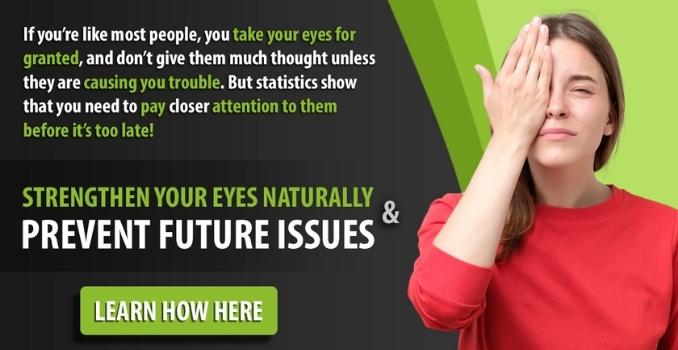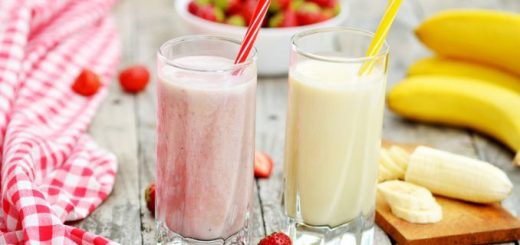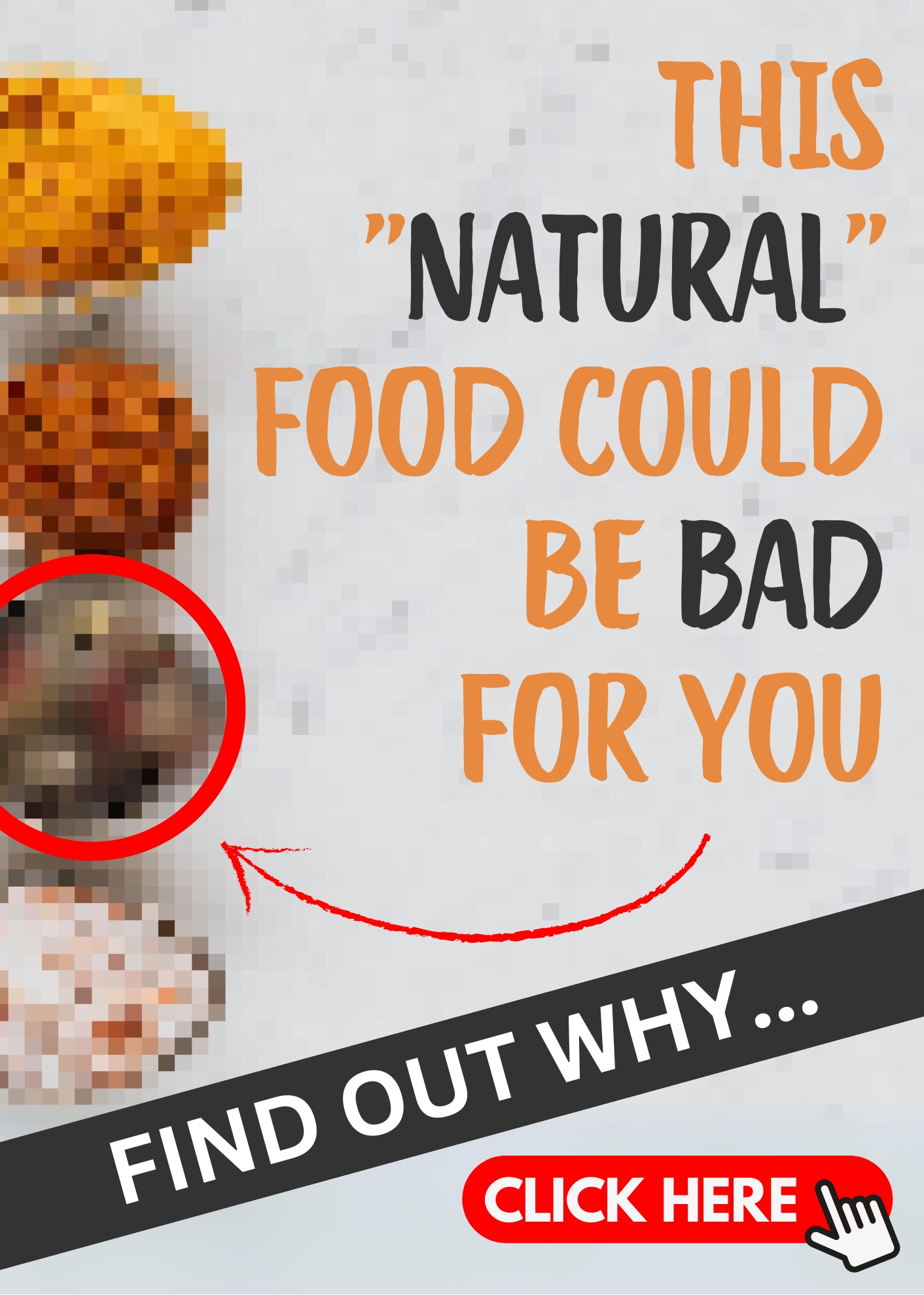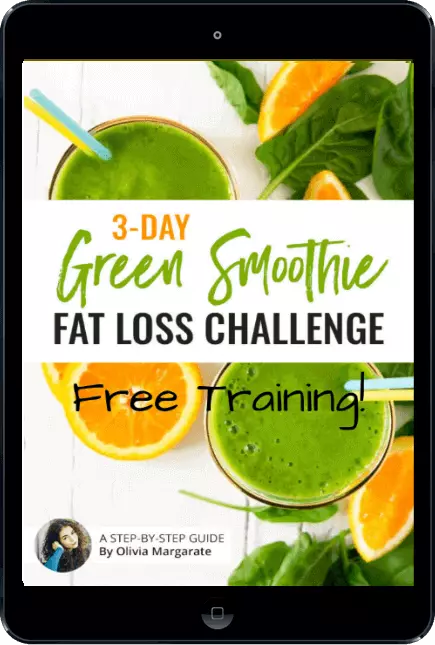The 6 Worst & 6 Best Foods for Your Eyes—Are You Eating the Right Ones?
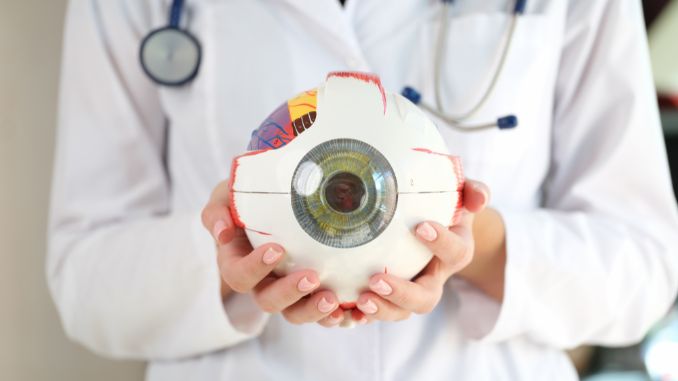
Last updated on April 4th, 2025 at 03:42 pm
When it comes to protecting my vision, I’ve learned that what I eat plays a bigger role than I ever imagined—especially when it comes to avoiding the worst foods for eye health.
Certain foods can lead to vision problems, especially conditions like age-related macular degeneration (AMD) [2] and diabetic retinopathy [3].
Foods high in sugar, unhealthy fats, and refined carbohydrates can harm blood vessels in the eyes and then raise the risk of serious eye diseases.
A poor diet filled with processed foods, sugary drinks, and too much sodium can also increase blood pressure and chronic inflammation, affecting not just my eyes but my overall health.
To keep my eyes healthy and my vision sharp, I’ve made it a priority to avoid the worst foods for eye health [1] while adding more eye-healthy options to my diet.
6 Worst Foods for Eye Health
1. Baked Potatoes

Frequent consumption of high-glycemic foods may contribute to blood sugar fluctuations, which over time could affect eye health, particularly in individuals with diabetes or predisposed to macular degeneration.
A study from the American Journal of Clinical Nutrition confirms that foods with a high glycemic index are linked to eye disease.
Swap baked potatoes with lower-glycemic veggies like carrots or leafy greens.
2. Donuts
Donuts, due to their high sugar and trans-fat content, may negatively impact eye health by contributing to inflammation and blood vessel damage.
Trans fats can damage the delicate blood vessels in your eyes, raising the risk of vision problems.
Opt for whole-grain snacks or fresh fruit instead.
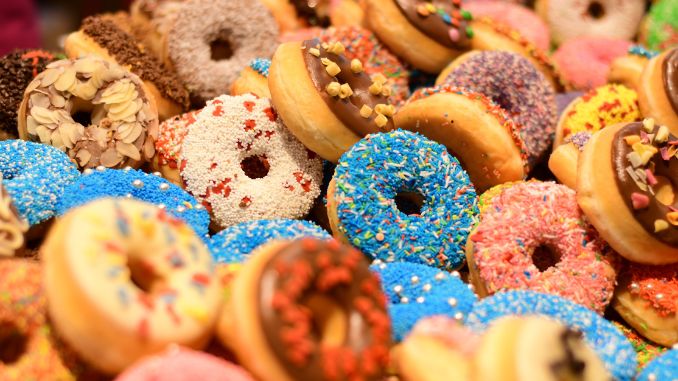
3. Shortening and Margarine
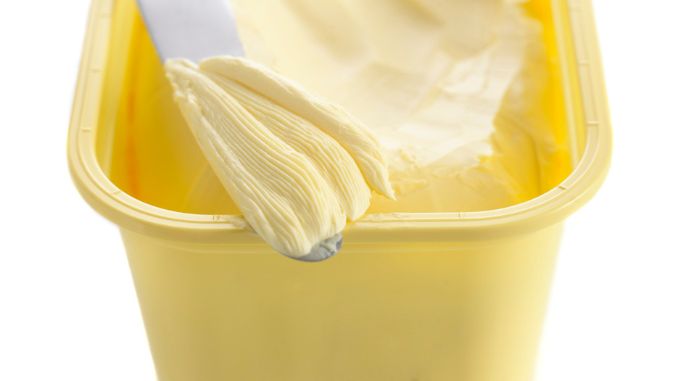
Both are packed with hydrogenated oils (trans fats), which increase inflammation and raise your risk of eye disease.
According to ophthalmologists, healthier alternatives like olive oil or mashed avocado are better for your eyes and overall health.
4. Sugar
Excessive sugar intake can accelerate cataracts and then macular degeneration.
Sodas, sweetened drinks, and processed snacks are the biggest culprits.
Stick to water, unsweetened beverages, and then fresh fruits to protect your eyes.
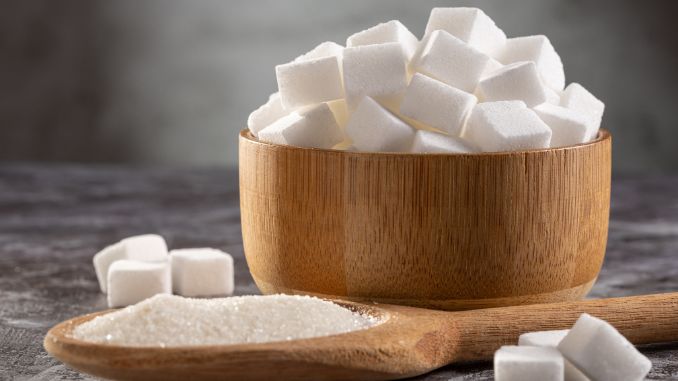
5. Red Meat
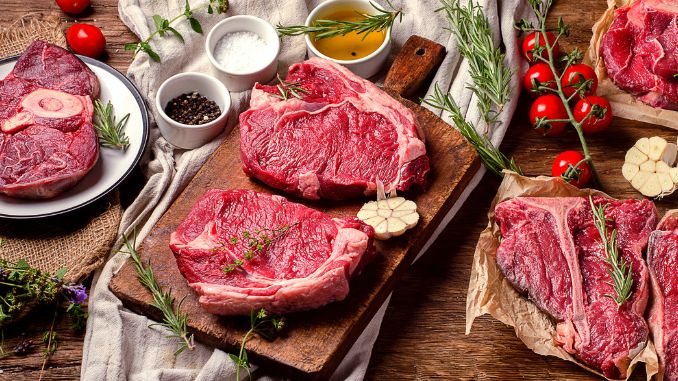
A study by the Centre for Eye Research Australia found that people who frequently eat red meat have a 50% higher risk of developing macular degeneration.
Try switching to chicken, fish, or plant-based proteins to reduce your risk.
6. Too Much Coffee
One or two cups a day is fine, but drinking more than three cups of caffeinated coffee daily has been linked to exfoliation glaucoma, a condition that can lead to blindness.
A study published in Investigative Ophthalmology & Visual Science found an association between high coffee intake and exfoliation glaucoma, though more research is needed.
Balance your coffee intake with water and then herbal teas.

6 Best Foods for Eye Health
On the flip side, adding these eye-friendly foods to your diet can help protect your vision and improve overall eye function.
Dr. Emily Chew, an ophthalmologist at the National Eye Institute, recommends focusing on a balanced diet with plenty of fruits, vegetables, and omega-3-rich fish to protect your vision. “A healthy diet can prevent or slow the progression of many age-related eye diseases,” she says.
1. Leafy Greens
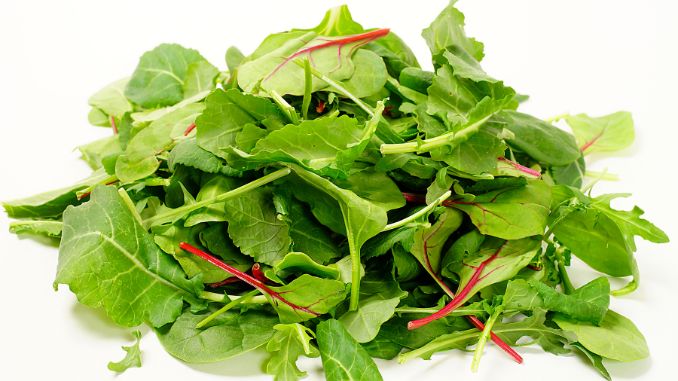
Kale, spinach, and collard greens are rich in lutein and zeaxanthin, antioxidants that protect against cataracts and macular degeneration.
Aim for a cup of leafy greens daily.
2. Zucchini
Zucchini is a great source of lutein, which supports peripheral vision.
Sauté it as a side dish or add it to soups for an easy nutrient boost.
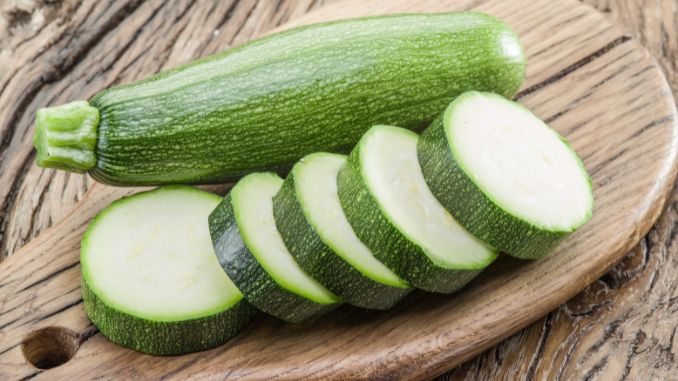
3. Eggs
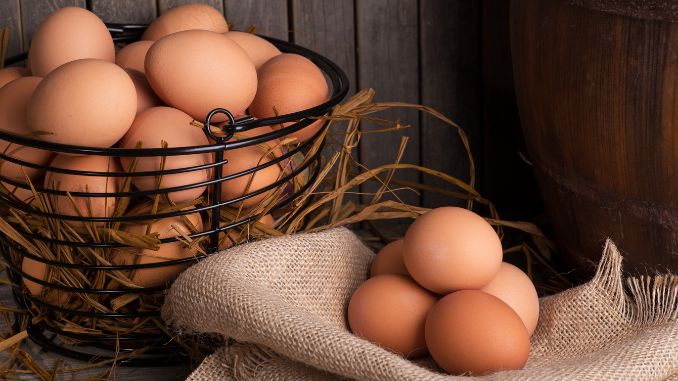
Egg yolks contain lutein and zeaxanthin, which protect the retina.
Enjoy an egg or two for breakfast to keep your eyes healthy.
4. Red Peppers and Paprika
Rich in zeaxanthin, red peppers support central vision and then reduce the risk of eye disease.
Add fresh peppers to salads or use paprika in your cooking for a nutrient boost.
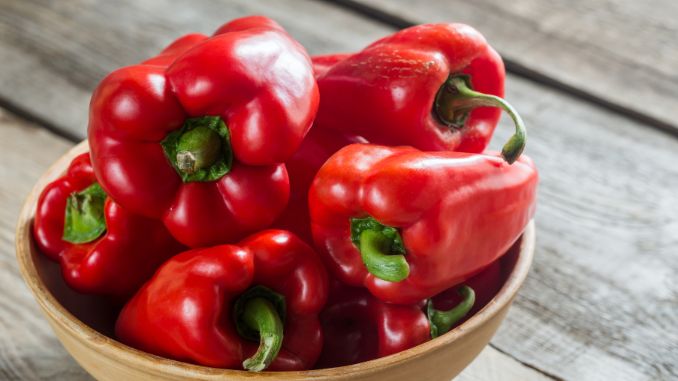
5. Seafood
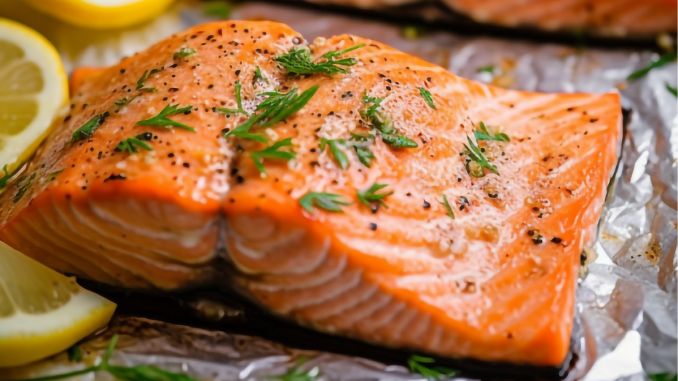
Coldwater fish like salmon and sardines are loaded with omega-3s (DHA), which prevent dry eyes and then reduce inflammation.
The American Academy of Ophthalmology recommends eating fish twice a week for better eye health.
6. Guava
Packed with vitamin C, guava can reduce the risk of cataracts and then slow macular degeneration.
Per 100 grams, guava contains significantly more vitamin C than oranges.
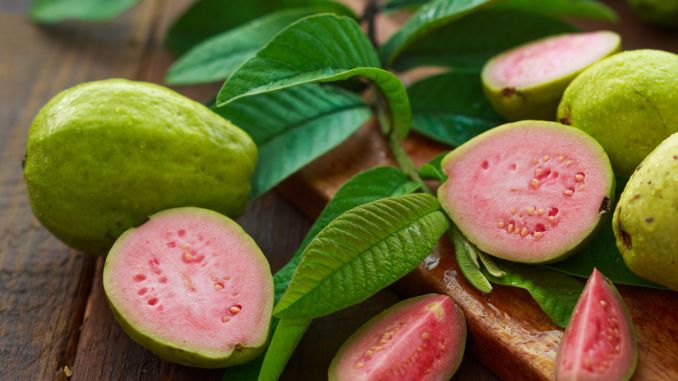
Dr. Jeffrey Anshel, an optometrist and author of Smart Medicine for Your Eyes. He’s a recognized expert in the relationship between nutrition and eye health said, “Foods rich in antioxidants, omega-3 fatty acids, and nutrients like lutein, zeaxanthin, and vitamin C can significantly support eye health. Leafy greens, carrots, fatty fish, and citrus fruits help protect against conditions like macular degeneration and cataracts. Incorporating these into your daily diet is one of the simplest ways to maintain good vision.”
Conclusion
At the end of the day, keeping my eyes healthy isn’t just about avoiding the worst foods; it’s also about fueling my body with the best foods for eye health.
A diet rich in leafy greens, omega-3 fatty acids, whole grains, and lutein-rich foods can go a long way in protecting eye cells, supporting blood flow, and reducing the risk of developing eye diseases.
It’s all about balance—choosing foods that not only help maintain good vision but also improve heart and blood vessel health.
Whether it’s cutting back on processed meats and sugary drinks or swapping white bread for whole-grain alternatives, these small changes can make a big difference. After all, healthy vision starts with a healthy diet.
Boost your vision and protect your eyes in just 14 days! Join the 14-Day Eye Health Quick Start Program (EFISP) today and take the first step toward clearer, healthier eyes. Don't wait—start now!
Frequently Asked Questions
What foods cause blurry vision?
Foods high in sugar, refined carbohydrates (like white bread and baked potatoes), fried foods, processed meats, and then sugary drinks can cause blood sugar spikes, leading to blurry vision and long-term damage to eye health.
Is rice bad for the eyes?
Occasional consumption of white rice is unlikely to harm eye health, but regular high-glycemic food intake over time may contribute to an increased risk of AMD in vulnerable populations. White rice, due to its high glycemic index, can raise blood sugar quickly. Brown rice or whole-grain alternatives are better for eye health.
Which fruit is best for eye vision?
Citrus fruits like oranges, guava, and then kiwi are rich in vitamin C, which supports healthy eyes and helps prevent cataracts and macular degeneration.
What causes high pressure in the eyes?
High eye pressure (ocular hypertension) can be caused by genetics, poor blood flow, too much caffeine, steroid medications, or underlying conditions like glaucoma. A diet high in sodium and trans fats may also raise eye pressure.
Is chicken good for the eyes?
Yes, chicken is a good source of zinc and then lean protein, both of which support eye health. Opt for grilled or baked chicken rather than fried to avoid unhealthy fats.
Rick Kaselj MS, is a leading kinesiologist and injury specialist as well as co-creator of the best-selling Unlock Your Hip Flexors program. Rick creates exercise programs that help people heal injuries and eliminate pain, so they can go back to living a full, active, healthy life.

